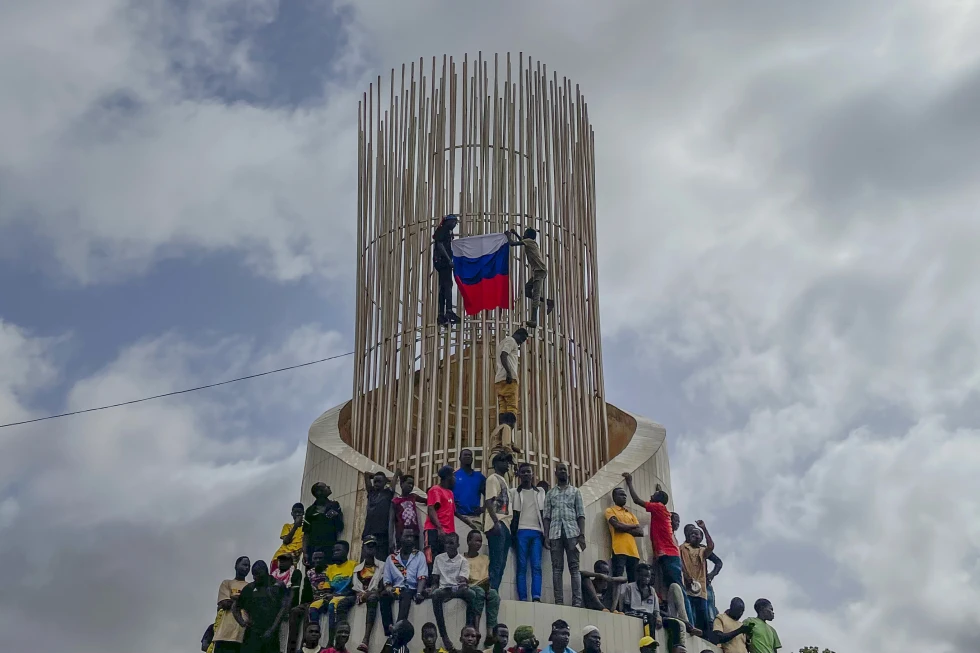In a show of solidarity with the leaders of the recent coup in Niger, delegations from Mali and Burkina Faso arrived in the capital city on Monday. The visit comes amidst mounting regional threats of intervention against the ruling juntas in Niger.
The talks between the delegations and the coup leaders took place after the Economic Community of West African States (ECOWAS) set a deadline for the Nigerien military to reinstate ousted President Mohamed Bazoum. Both Mali and Burkina Faso, recognizing the delicate regional dynamics, had previously warned that any foreign intervention in Niger would be viewed as a “declaration of war” against them.
The political crisis in Niger took an abrupt turn on July 26 when the presidential guard detained President Bazoum, prompting General Abdourahmane Tchiani, the former head of the presidential guard, to assume leadership as the head of state. This led to the subsequent declaration of interim leadership by General Tchiani, who also assumed the presidency of the caretaker National Council for the Safeguard of the Homeland.
ECOWAS, a regional bloc consisting of 15 West African countries, has been closely monitoring the situation in Niger. In an effort to restore constitutional order, the bloc issued an ultimatum for the coup leaders to reinstate President Bazoum. Failure to comply with this deadline could potentially result in military action from ECOWAS.
The visit of the delegations from Mali and Burkina Faso to Niamey signifies a gesture of unity and support for the coup leaders in Niger. It demonstrates the shared concern about potential foreign intervention and the determination to address the crisis within the region.
The international community has been closely following developments in Niger, fearing that the political instability could have wider implications for the region. Africa, as a whole, has made significant strides towards democratic governance in recent years, and any setbacks in this regard are seen as a cause for concern.
While some have criticized the coup in Niger, arguing that it undermines democratic principles, others view it as a response to genuine grievances and discontent within the country. Niger has been facing numerous challenges, including security threats from extremist groups operating in the Sahel region, socio-economic difficulties, and political unrest.
Efforts are underway to find a peaceful resolution to the crisis. Algeria, which has a history of mediating in regional conflicts, has expressed its willingness to host talks between the coup leaders and ECOWAS, with the aim of finding a negotiated settlement. The role of regional actors and international partners in de-escalating tensions and fostering dialogue will be crucial in determining the future of Niger.
As the situation in Niger continues to unfold, stability and the restoration of democratic processes remain key objectives for the region. The coming days will determine whether diplomatic efforts can pave the way for a peaceful resolution or if ECOWAS will resort to military action. The world watches with bated breath, hoping for a resolution that upholds the principles of democracy and respects the will of the Nigerien people.
Image Credit: AP Photo/Sam Mednick





